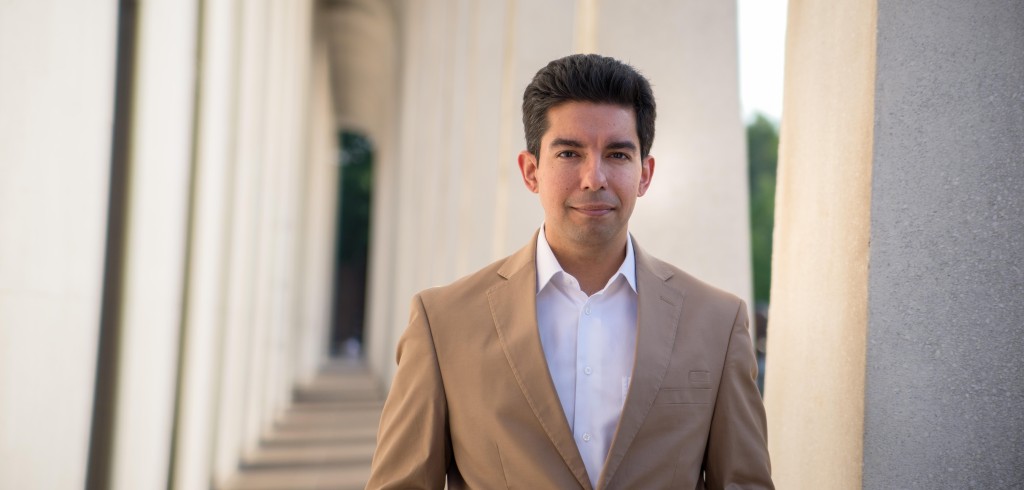Professor Rahul Sagar talks about his new book Secrets and Leaks: The Dilemma of State Secrecy

Rahul Sagar had an epiphany as he was writing his undergraduate dissertation.
He was studying if India’s decision to conduct nuclear tests was justified.
“As part of my field work, I went to the Ministry of External Affairs to interview a senior bureaucrat. The bureaucrat held up a file – bound by red band – and said to me, ‘Everything you need to know is in here, but I can’t share it with you’,” said Sagar who is an Associate Professor of Political Science at Yale-NUS College.
“I came away from the meeting thinking to myself, if I can’t see what is in that file and no one else can, so how then can the public conduct oversight?” added Professor Sagar.
That experience had a profound impact on him and eventually led him to focus on the links between secrecy and democracy for his dissertation.
Coupled with the events of 9/11, Professor Sagar realised that the issue of state secrecy and democracy was even more relevant in light of the Bush administration’s ‘War on Terror’. Despite ensuing interest in this topic, there was little written about it, so Professor Sagar started writing his first book, Secrets and Leaks: The Dilemma of State Secrecy.
“The moral of the story as far as Yale-NUS students are concerned is this: Be careful when choosing your dissertation topic, it could change your life!” joked the affable academic.
Written for people interested in questions of ethics and public policy, Secrets and Leaks sheds light on the dilemma faced by democracies – while citizens understand the need to keep secrets in the interest of national security, they are also concerned that it might be used as a tool to conceal wrongdoing.
In his book, Professor Sagar argues that disclosure of classified information is justified only if it fulfils certain criteria, such as in situations where abuses of authority are at stake. For instance, the case of prisoner abuse in Abu Ghraib.
Secrets and Leaks, which was published in 2013, has since been reviewed by various international publications such as Foreign Affairs, International Affairs, and the New York Review of Books among many others.
In a review for the New Republic, writer Eric Posner calls the book “an excellent book that comes at an essential time”, given that the National Security Agency leaks by Edward Snowden took place shortly after the book was completed.
“The task I set myself was to understand what reasons we have to endorse state secrecy, and what we might do to prevent its misuse (instead of trying to eliminate it altogether as libertarians like Edward Snowden and Glenn Greenwald would like),” said Professor Sagar in response to what he hoped to achieve through his book.
The entire process of writing this book took a “painfully long time”, said Professor Sagar. “Just recalling the number of drafts I went through over the years makes me want to curl up and take a long nap.”
Now that Professor Sagar has completed Secrets and Leaks, he has started working on his next book, Have You Been To Kazanistan?
Kazanistan is a fictional republic in philosopher John Rawl’s famous work The Law of Peoples. Professor Sagar’s book develops Rawls’ idea of a decent society – one that protects and fosters the interests of its citizens but is non-liberal and non-democratic. He argues that the Cold War-era Taiwan and South Korea are examples of decent regimes which are more realistic than Rawls’ Kazanistan.
When he is not writing his books, Professor Sagar spends time with the latest addition to his family – his daughter.
“All my plans revolve around watching her grow. I try to make some progress with my books on the side!” shared Professor Sagar.
Aside from that, Professor Sagar revealed that he is also learning Mandarin. “I’m stuck at Level 1. Wǒ yào jiāyóu!“
Yes, jiāyóu!





